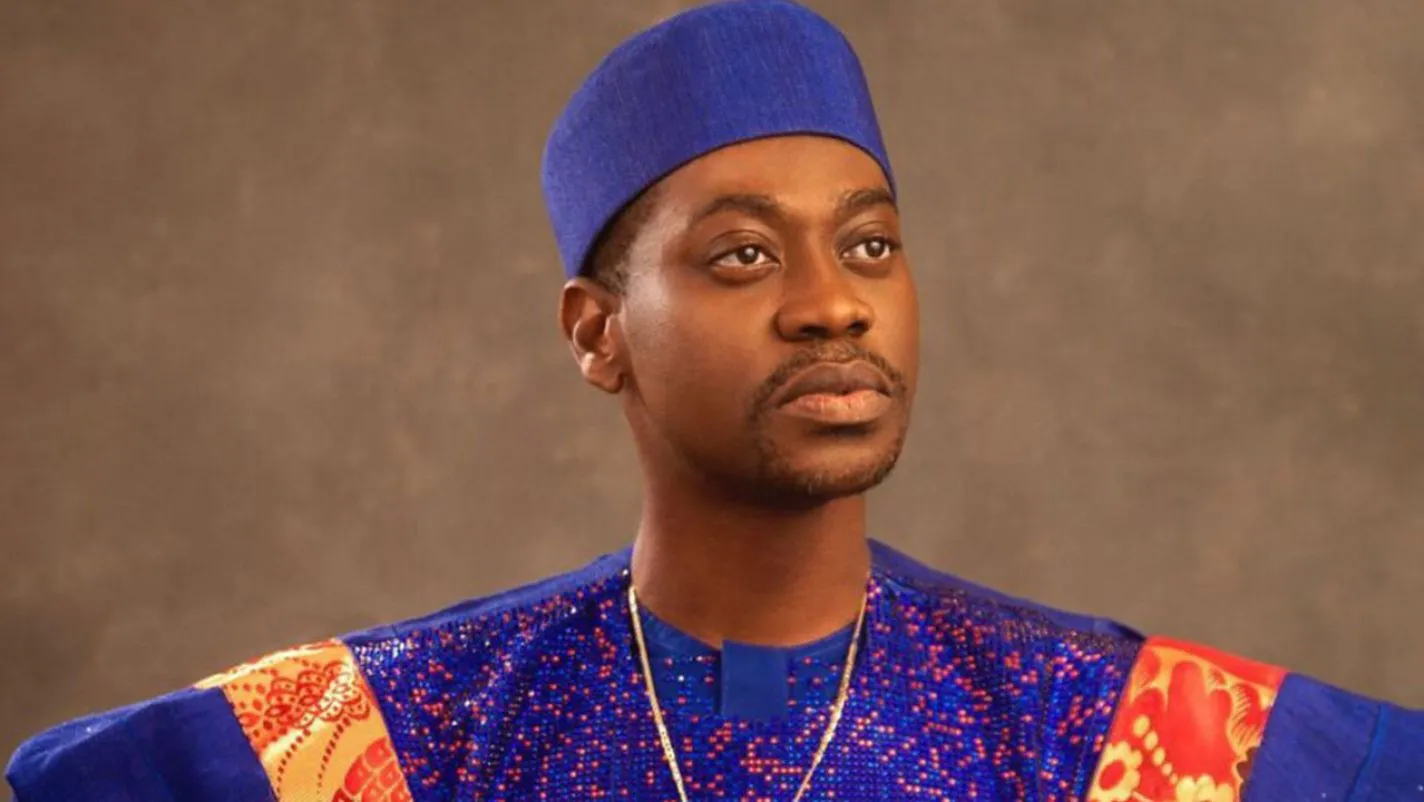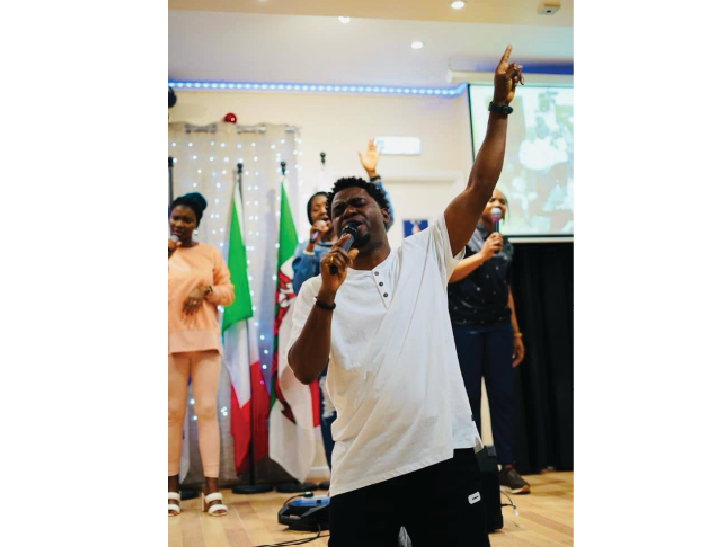Musicians should fight tribalism ŌĆö Ifeanyi Obiligbo (Umuobiligbo)
ARTICLE AD BOX
Ifeanyi Obiligbo, the second half of the duo that makes up the group, Umuobiligbo, tells NAOMI CHIMA about their careers
Tell us about your education.
I had my primary school education at the Lord’s Creation Primary School in Nkpo, Anambra State. I proceeded to Goodnews Secondary College, and then to Saint Paul’s University in Ebenise, Awka, Anambra State.
How did you begin singing?
My brother and I usually act like twins (even though we’re not). We are always together. When the plan to become musicians came up in 2011, we started writing songs together, and we went to the studio together in 2012. That year, we released our first album titled, Uwa Jo Ka. Our father did not believe we could do this. He said he might not be able to judge rightly if he alone listened to our songs, so he invited a professional to give their verdict. After listening to our songs, the professional said our age mates could not have written the lyrics he listened to in the songs. He told our father that we had something deep in us. It was that statement that motivated our father to sponsor our first album.
What inspires you?
The main thing about how we get inspiration revolves around where we grew up and how we grew up. When you grow up in places where you find everything easy, you won’t know about street life. Our songs are inspired by ordinary people and their stories.
What are the challenges you have encountered in the cause of gaining competence in the industry and how were you able to overcome them?
One of the challenges we faced when we started had to do with our sound. The kind of sound we started with was pleasing to just Igbo people. People from other tribes enjoyed the melody but it was difficult for them to come to terms with the sound. At some point, we refined our sound, added some samples, started working with “exposed” producers, and our songs started appealing to everybody. The language barrier was another problem.
How do you deal with competition?
First, our kind of music is not highlife, though that is the most popular Igbo sound. What we actually do is “Afric sound”. If you listen to highlife, you will notice that it is different from our sound. We don’t dwell on competition because everybody is on their own lane. Flavour and others have their styles. For instance, if you want to play songs at a wedding, that is Flavour’s lane, and no one beats him there. On our part, we use our songs to share messages with the youth, elders and those who are struggling. There would have been competition if we had gone to “drag” styles with someone else, or were doing what other people were doing. But, we stay on our lane, and use our songs to teach both spiritual and physical lessons.
What will you change in the music industry if you have the chance?
If musicians can take away tribalism in the industry, it will help a lot. Tribalism disturbs a lot. Even some television and radio stations treat Igbo songs differently from those made in other languages. We should be promoting an all-inclusive industry.
Which of your songs has influenced your life and career the most?
There have been so many of our songs like that. But, the one that was also danced to and loved by international celebrities, including Akon, is Culture, on which we featured Flavour and Phyno. A lot of our songs have gone far but this one in particular was awesome. It felt wonderful seeing a celebrity that one loves enjoying one’s song. That actually had a good effect on our songs, and people’s perception of our brand and songs started to change. He (Akon) even stated that he liked us and our songs.
How do you deal with stress?
We make out time to relax, travel, go to the beach and eat bush meat, among other things.
What are the most memorable moments of your life?
I have had a lot of good days; I can’t even count them. However, I am looking forward to the day I will get married. Winning an AFRIMA award was also a big deal for us. It made us know that we were on the right track.
Though you are not married, do you have a child like some other artistes?
No, I don’t have a baby mama. We don’t have or “subscribe” to that orientation. I am still looking for a good woman that can listen to me and love me.
What can you tell young artistes about staying true to their passion?
Competition is affecting many people in the industry. Some people believe that they have to sound like a particular person, and that breeds rivalry. Copied works can never be like the original. Also, success is a process. It was not our first album that announced us to the world; it was actually the second or third album that made many people to know about us. However, once God has marked you for greatness, you will surely excel with hard work.
What is your favourite food?
I love rice and can eat it for days and still enjoy it.
Tell us about your collaborations.
We have collaborated with artistes like Phyno, Duncan Mighty, Davido, Sarkodie and Flavour. Whenever we have a song that we feel a particular singer will flow with, we invite the artiste over.
Do you have any regrets?
We do not have any regrets. Perhaps, if we lived a reckless life, we would have had regrets. But, there is nothing to regret so far; it has been a blessing all the way.


 5 days ago
6
5 days ago
6










![[FULL LIST] Golden Globes 2025: All key nominees ahead of SundayŌĆÖs ceremony](https://cdn.punchng.com/wp-content/uploads/2025/01/05093805/AFP__20250104__36T344E__v1__Mockup__UsEntertainmentAwardsGoldenGlobe-1200x630.jpg)







.jpg)



.jpg)

.jpg)








 English (US)
English (US)